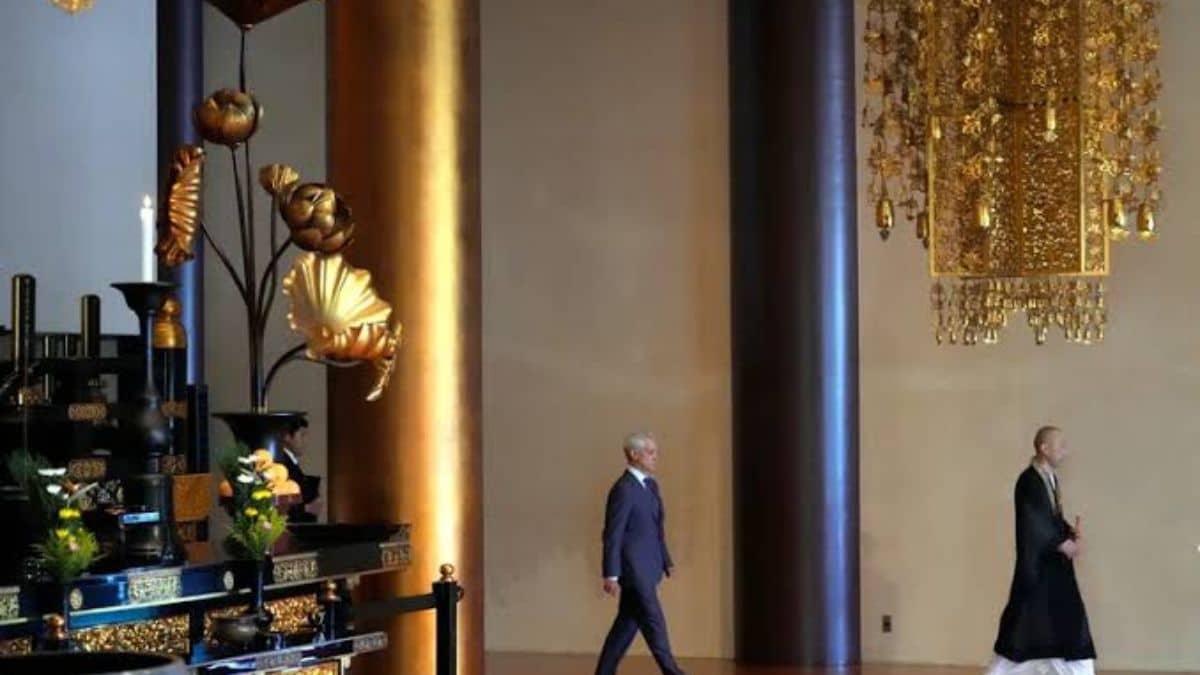On the 79th anniversary of the atomic bombing of Nagasaki, a poignant memorial ceremony was held at Nagasaki Peace Park, drawing approximately 3,100 survivors and family members. The event, which commenced at 10:45 a.m., featured a solemn moment of silence at 11:02 a.m., the precise time the bomb detonated, as a bell tolled in remembrance of the victims.
The ceremony was attended by Prime Minister Fumio Kishida and Izumi Nakamitsu, the U.N. Undersecretary-General and High Representative for Disarmament Affairs. Notably, representatives from a record 100 countries were present, including nuclear-armed nations such as the United States, China, Britain, and France. However, the absence of ambassadors from Japan’s Group of Seven partners— the United States, Britain, Germany, France, Italy, and Canada— as well as from the European Union, marked a conspicuous diplomatic void. The omission of Israel, due to its ongoing military actions in Gaza, further contributed to the unusual absence of key international figures. Additionally, Russia and Belarus were not invited for the third consecutive year.
In his Nagasaki Peace Declaration, Mayor Shiro Suzuki, a second-generation A-bomb survivor, called for a resolute shift away from nuclear weapons. “Leaders of nuclear states and those under the nuclear umbrella must confront the escalating threat that nuclear weapons pose to humanity and urgently pursue their abolition,” Suzuki asserted.
Prime Minister Kishida echoed these sentiments, emphasizing Japan’s unique role as the only country to have experienced nuclear bombings in wartime. He reaffirmed Japan’s commitment to advancing practical efforts towards a nuclear-free world and underscored the urgency of addressing the deteriorating state of nuclear disarmament amid rising international tensions.
During the ceremony, three volumes were added to the memorial books, recording the names of 3,200 recently deceased survivors, bringing the total count of post-bombing deaths to 198,785. This annual remembrance continues to underscore the enduring impact of nuclear warfare and the global imperative for disarmament.

